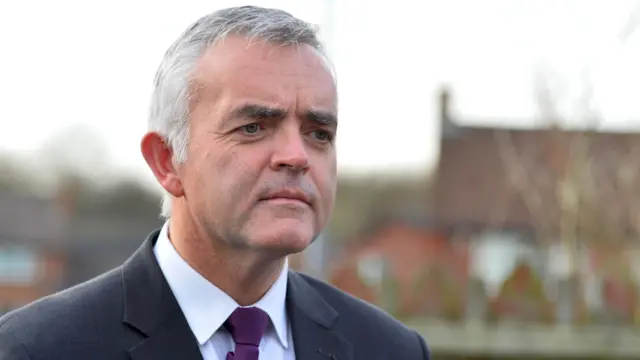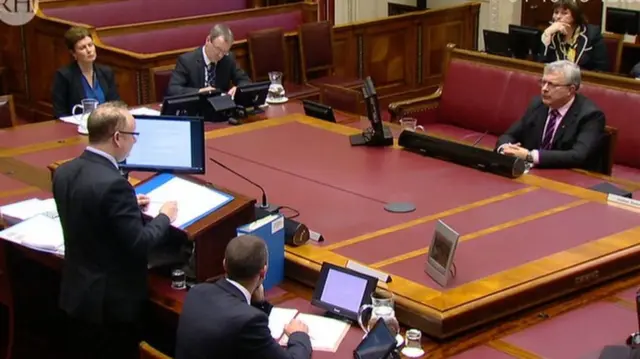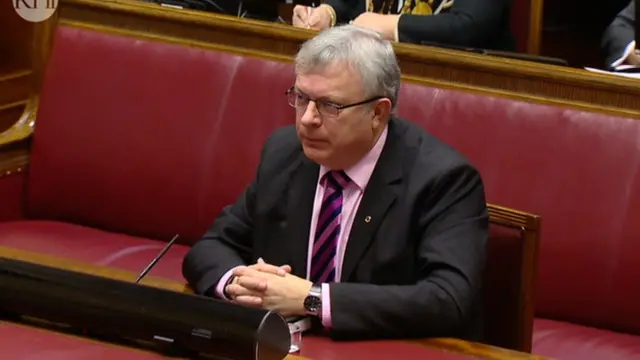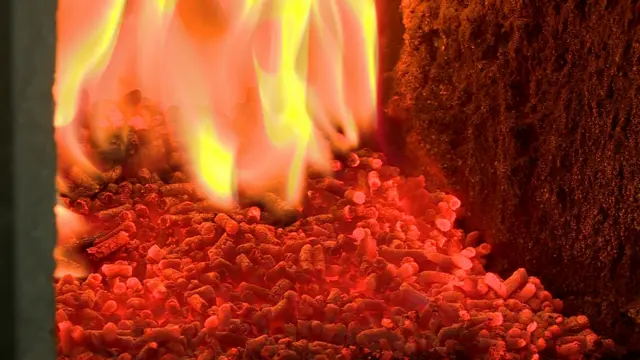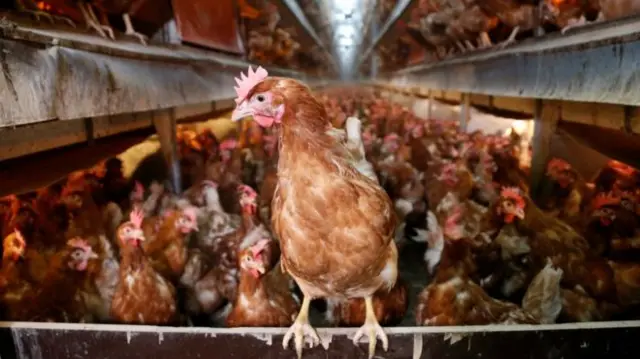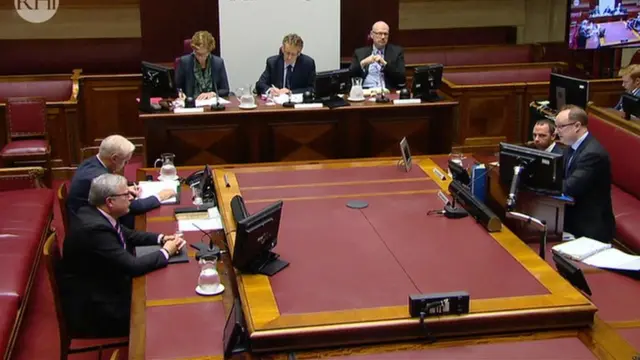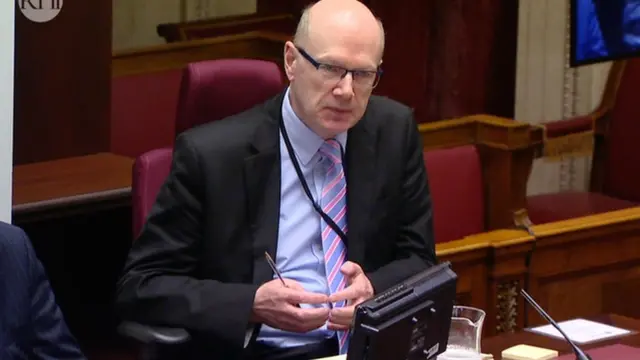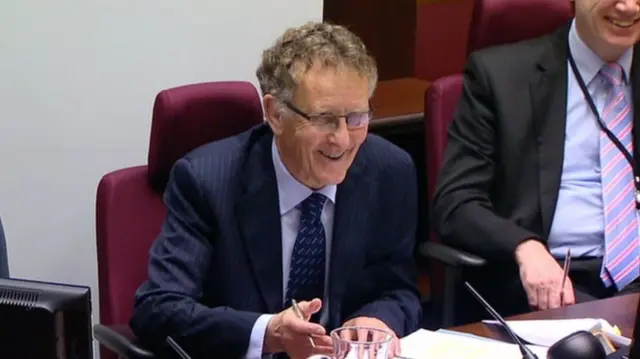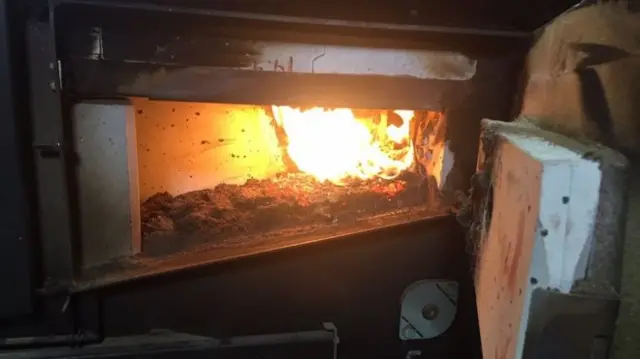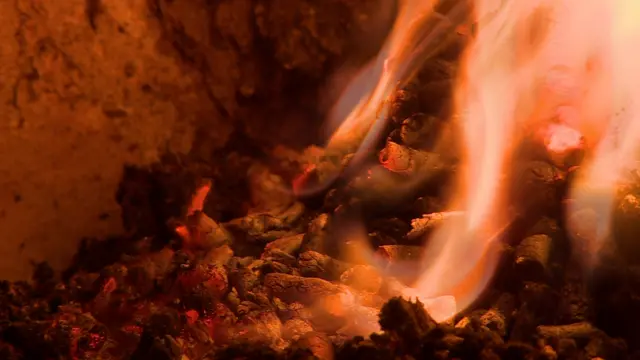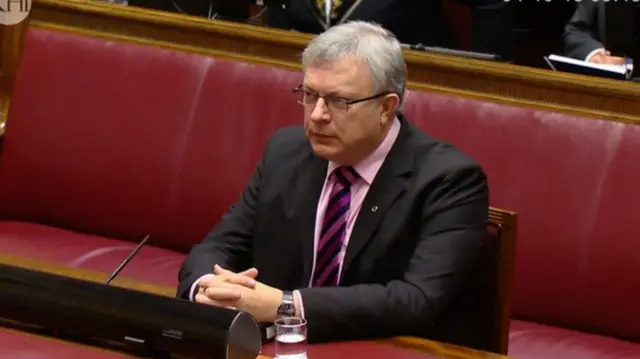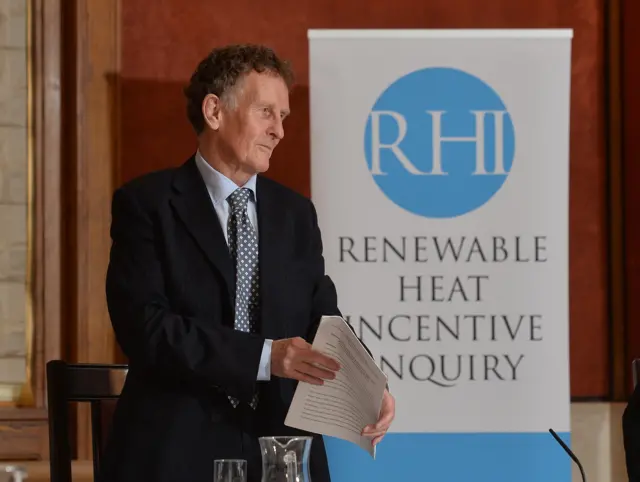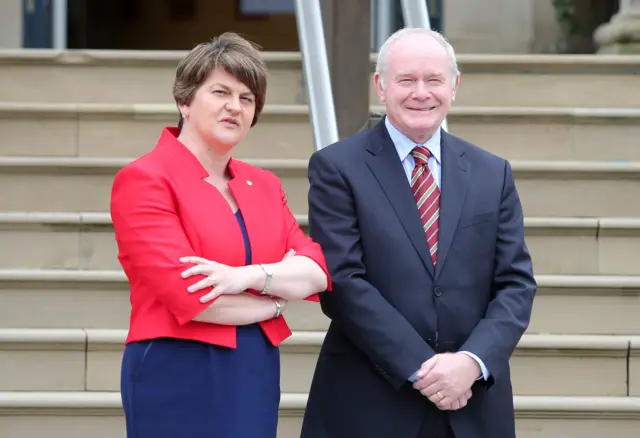'Committee could've done much more to scrutinise RHI'published at 13:31 BST 4 October 2018
Patsy McGlone accepts that the Enterprise Committee could've done "much, much more" to scrutinise DETI's handling of the RHI scheme.
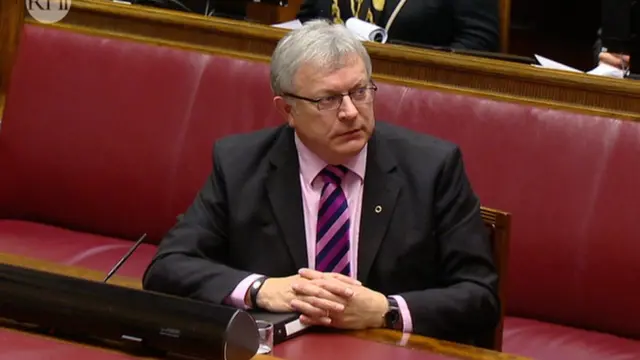 Image source, RHI Inquiry
Image source, RHI InquiryBut he qualifies that by saying that even if the members had asked for more information from the department it may not have been "presented to us in a fulsome, proper and professional way".
A "free flow of information" is fundamental to the committee's work, says the MLA.

